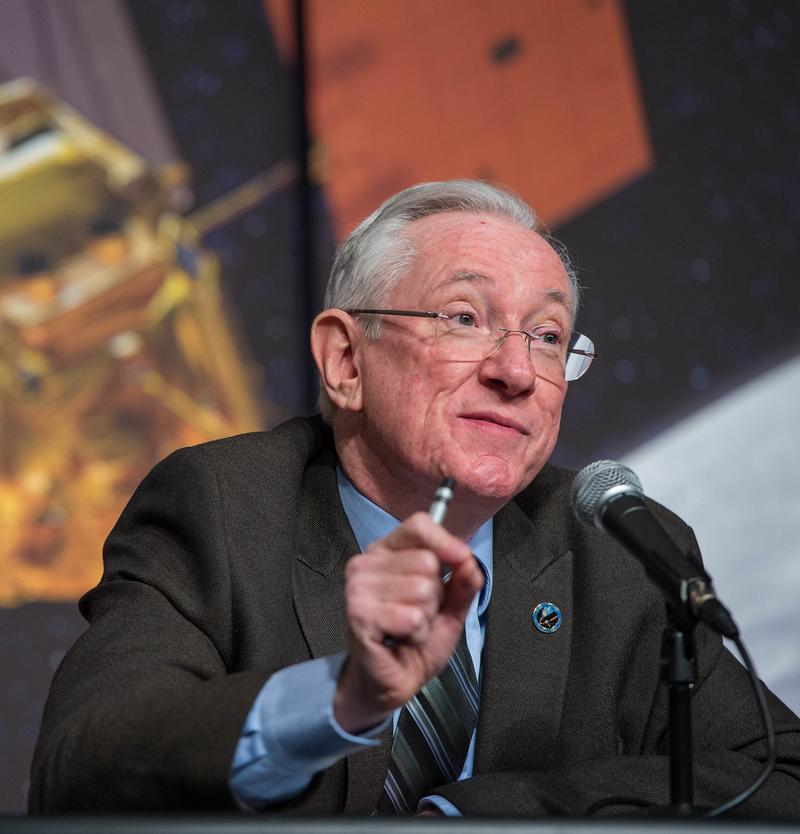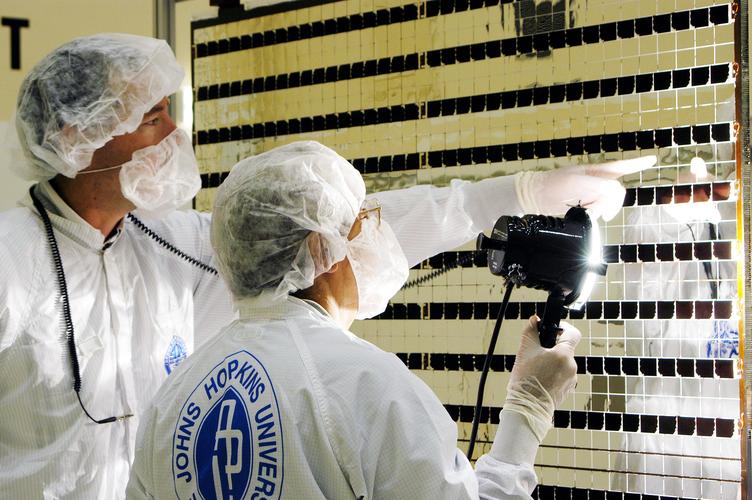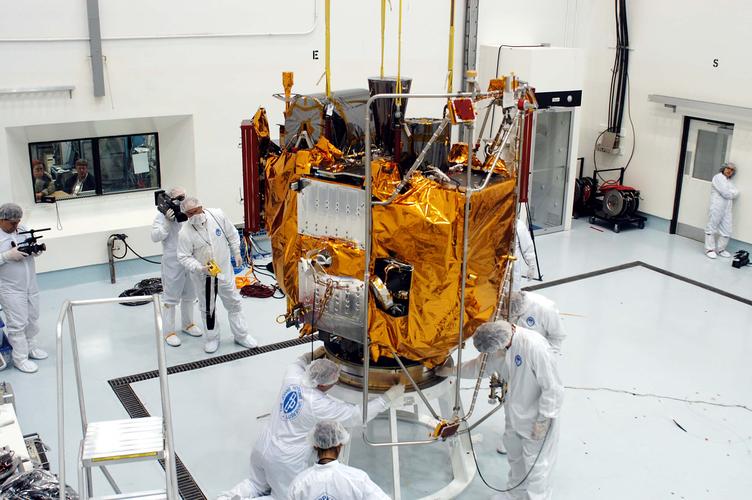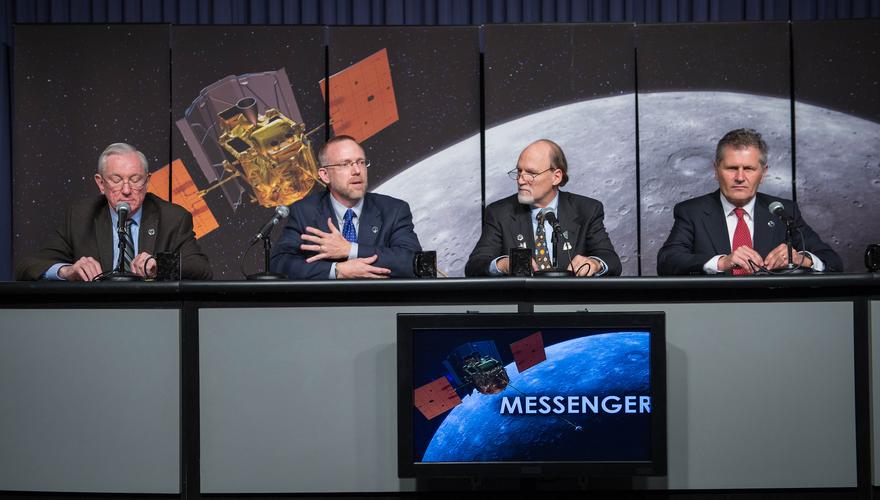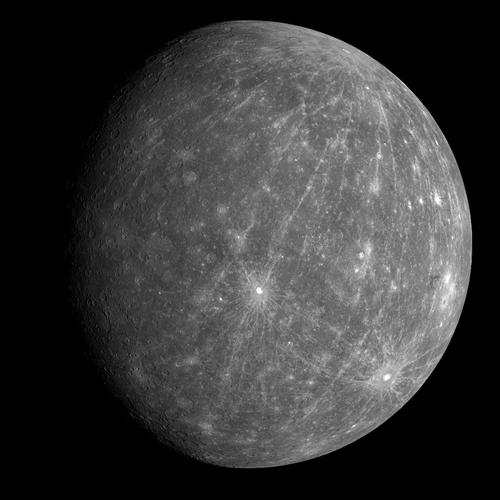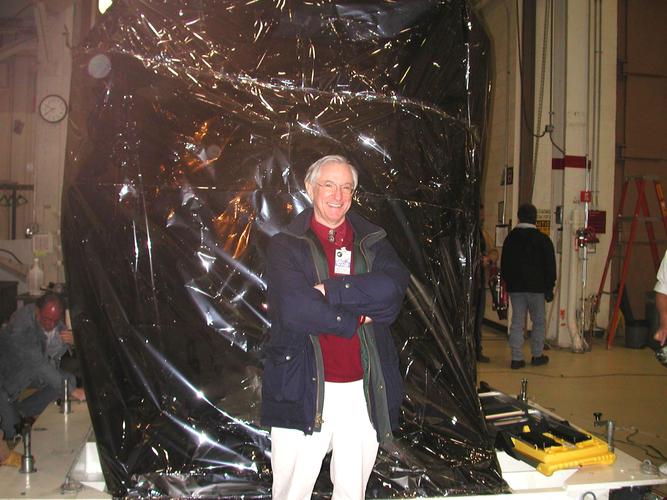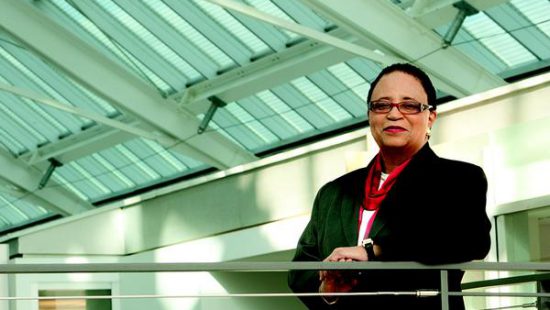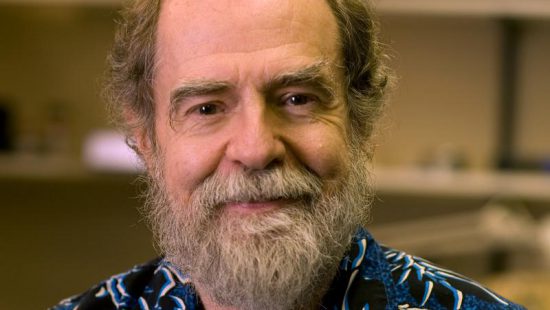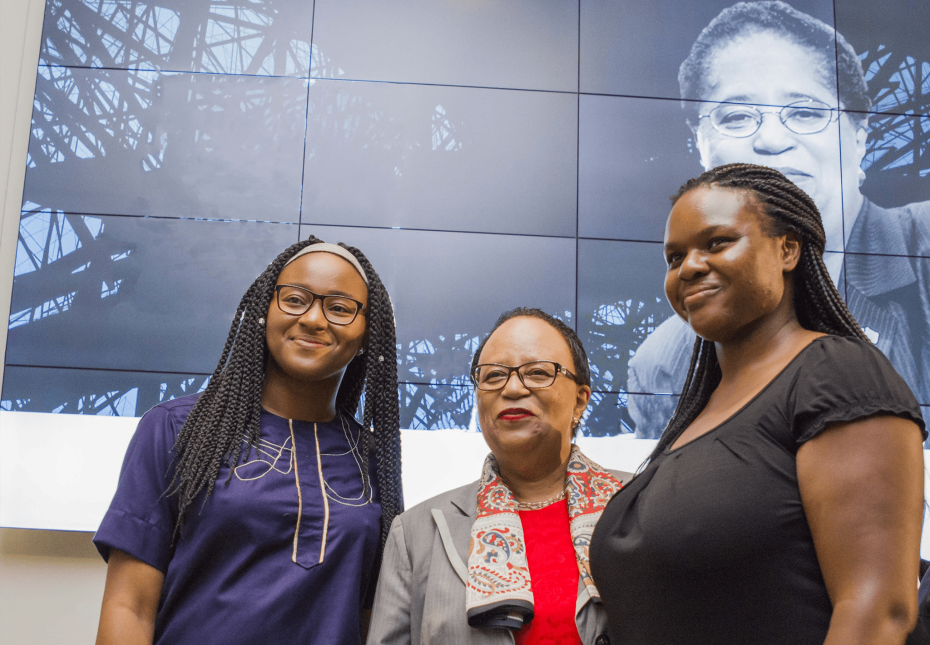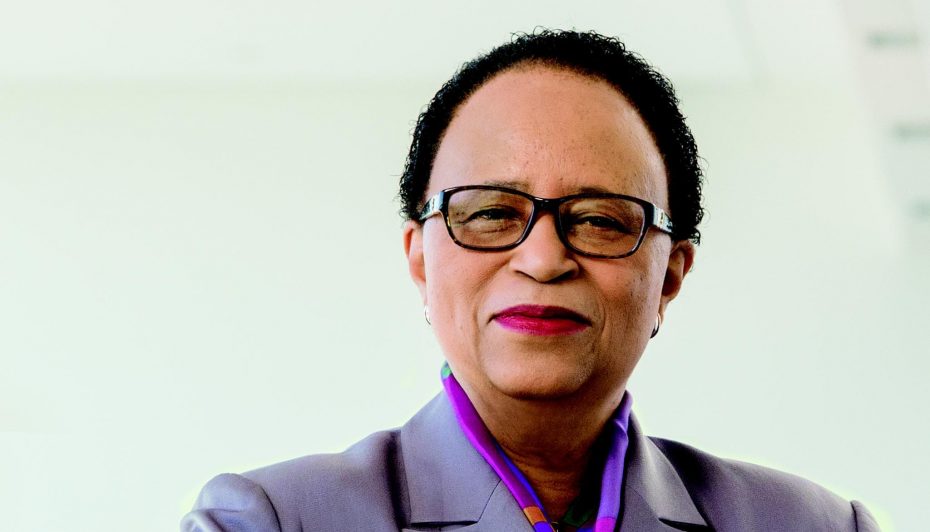There are four rocky planets in our solar system and, as Sean Solomon sees it, they are “nature’s experiments in how a planet like Earth became the planet it is today, and they had four extraordinarily different outcomes. To understand our own planet, we must understand how all Earth-like planets formed and evolved.”
In a nutshell that has been the driving force behind Solomon’s extraordinary career. He has investigated the ocean floors, magnetic fields, and tectonic plates of our own planet and added invaluable knowledge to our understanding of the other rocky bodies in our solar system.
As a geophysicist, Solomon has participated in several NASA missions, including the Magellan mission to Venus, the Mars Global Surveyor mission, and the GRAIL mission to the moon. He served as the Principal Investigator for the groundbreaking Messenger mission to Mercury—the first to visit and orbit our solar system’s innermost planet in decades.
The Messenger spacecraft spent four years orbiting Mercury, taking detailed pictures and measurements. Though it made many breakthroughs, the most exciting may have been its discovery of water ice locked in deep craters near the planet’s poles. That, combined with other organic molecules identified on the surface, beg some intriguing questions about the origins of life on Earth and elsewhere.
Solomon now leads the Lamont Doherty Earth Observatory at Columbia University where he overseas scientific research that happens everywhere from the depths of the ocean, to the heart of desserts, to the highest mountain peaks. He’s committed, he says to mining all the datasets out there, even the ones that have just been stuck on “some principal investigator’s laptop” until now. Compiling all of them and making the information accessible to every one can only lead to even more exciting discoveries about this planet and the ones beyond it.

